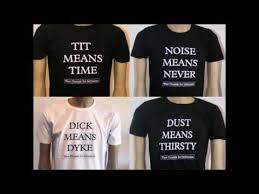Gatho, lippy, rego — why Australians love hypocoristics
Australian English includes alternate, informal forms of words and expressions, for example barbie from barbecue, sunnies from sunglasses and arvo from afternoon. These are called hypocoristics, and they express particular feelings and attitudes, and have a range of functions in Australian English. Long noted as a feature of this variety of English, they have been documented in popular Australian slang books and wider Australian English dictionaries, including the Australian National Dictionary. Over the years, linguists and lexicographers have looked at what techniques Australians use to create these forms of words, and why speakers may choose to use a hypocoristic, like mozzies, instead of an original form, like mosquitoes.
Many languages, including English, have alternate forms of … ↪


